Are you considering venturing into commercial real estate investing? It’s no surprise—commercial properties can offer impressive returns and long-term wealth-building opportunities. But just like any investment, it comes with its own set of risks. In fact, many first-time investors often wonder whether commercial real estate is truly the golden ticket it’s cracked up to be.
The good news is, that by understanding the pros and cons, you can make an informed decision that aligns with your investment goals. Whether you're looking to diversify your portfolio or dive into a more stable asset class, commercial real estate investing offers something for almost every type of investor. Let's break down the key benefits and challenges so you can confidently get started in the commercial real estate niche with a clear strategy.
Understanding Commercial Real Estate Investment
Commercial Real Estate (CRE) includes properties like office buildings, retail spaces, warehouses, and industrial facilities, all designed to generate income through business rentals or leases. Unlike residential properties, which are for living, CRE investments focus on profit from rental income or property appreciation.
To better understand the difference between commercial and residential properties, refer to the table below:
| Aspect | Commercial Property | Residential Property |
| Purpose | Used for business purposes (offices, retail, warehouses). | Primarily for people to live in (houses, apartments). |
| Investment size | Typically needs a larger investment | It usually involves smaller investments. |
| Income Source | You can earn income through business rent/leases. | You can earn income through rent from tenants or sales. |
| Lease Terms | Long-term leases (5-10 years or more). | Short-term leases (typically 1 year). |
| Management Complexity | More complex as it requires property management. | It is usually easier to manage if you find good tenants. |
| Potential Returns | Higher potential for returns, but with more risk. | Generally lower returns with less risk. |
| Market Sensitivity | Affected by economic conditions and business growth. | Affected by local housing and market trends. |
Pros of Investing in Commercial Real Estate
Diving into commercial real estate investing can be a game-changer for your financial portfolio. Here’s why:
- Steady Income Stream: Commercial properties often come with long-term leases, providing a reliable and consistent cash flow.
- Portfolio Diversification: Adding commercial real estate to your investment mix can reduce risk. Since these properties often perform differently from stocks and bonds, they can help balance your overall investment strategy.
- Potential for Appreciation: Over time, well-located commercial properties can increase in value. Such appreciation, combined with rental income, can lead to substantial returns on your investment.
- Tax Advantages: Investing in commercial real estate offers several tax benefits, including deductions for mortgage interest, property depreciation, and operating expenses.
- Hedge Against Inflation: Commercial real estate often acts as a buffer against inflation. As the cost of living rises, so can rental income, helping to preserve your investment's value over time.
Although there are substantial benefits of commercial real estate investing, it’s important to remember that no investment is without its risks. Let’s now explore the potential challenges you may face and how to navigate them effectively.
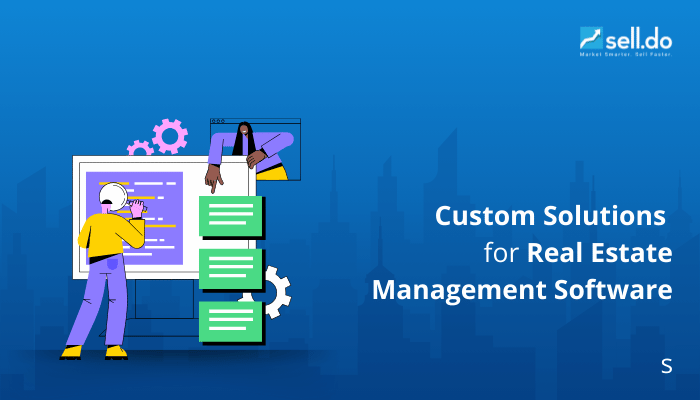
Cons of Commercial Real Estate Investment
Embarking on commercial real estate investing offers promising opportunities, but it's crucial to be aware of the potential risks and challenges:
- Market Volatility: Economic downturns can lead to decreased demand for commercial spaces, affecting occupancy rates and rental income. For instance, during the 2008 financial crisis, many commercial properties experienced significant value declines.
- High Initial Capital: Commercial properties often require substantial upfront investment, which may not be feasible for all new investors. It includes costs for property acquisition, maintenance, and potential renovations.
- Tenant Risk: Tenants' financial stability has a direct impact on your income. Tenant defaults or vacancies can disrupt cash flow and increase operational costs. As a result, it's crucial to perform thorough due diligence when evaluating potential tenants.
- Regulatory Challenges: Navigating zoning laws, building codes, and other regulations can be complex. Non-compliance can lead to fines or costly modifications. Staying informed about local regulations is vital.
- Interest Rate Fluctuations: Rising interest rates can increase borrowing costs, affecting profitability. For example, higher rates can lead to higher mortgage payments, impacting cash flow.
- Property Management Complexity: Managing commercial properties requires expertise in leasing, maintenance, and tenant relations. Many new investors find it beneficial to hire professional property management services.
You need to conduct thorough research, seek professional advice, and implement effective risk management strategies to navigate the complexities of commercial real estate investing more effectively.

Next, let’s take a look at the different types of properties available so you can decide which one might be the perfect fit for your investment strategy.
Types of Commercial Real Estate Investments

When it comes to commercial real estate investing, choosing the right property type is key to achieving your financial goals. Each type comes with its own set of advantages, risks, and potential returns. Below, we have listed the most popular types of commercial real estate investments:
-
Office Buildings
Office buildings range from small professional spaces to large skyscrapers in prime locations. These properties cater to businesses, including law firms, tech companies, and financial institutions. As more companies embrace hybrid and remote work, demand for office space has shifted, especially in smaller cities and suburban areas.
Ideal For: Investors seeking long-term, stable income through business tenants who often sign multi-year leases, this might be the right fit.
-
Retail Properties
Retail properties include standalone shops, shopping centers, and large malls. While traditional retail has faced challenges due to the rise of online shopping, well-located retail centers with essential businesses, such as grocery stores or pharmacies, remain highly sought after.
Ideal For: It is particularly suitable for people who want to identify high-traffic locations and capitalize on mixed-use buildings.
-
Industrial Properties
Industrial real estate includes warehouses, distribution centers, and manufacturing facilities. The growth of e-commerce has driven the demand for logistics and warehousing spaces, making this sector one of the most profitable in recent years. These properties offer long-term leases, lower maintenance costs, and often provide high yields compared to other sectors.
Ideal For: New investors looking for a stable income with relatively lower risk and those interested in the booming e-commerce sector.
Join 1000+ top brands in India who trust Sell.Do CRM to automate sales, manage leads and boost their business.
-
Multifamily Properties
Multifamily properties, such as apartment complexes and high-rise buildings, are among the most popular types of commercial real estate investments. These properties offer multiple rental units, which can provide consistent cash flow. Multifamily properties are often considered recession-resistant, as people always need a place to live, even during economic downturns.
Ideal For: Multifamily properties are excellent for newcomers who want a more predictable and stable investment.
-
Mixed-Use Developments
Mixed-use developments combine residential, commercial, and sometimes industrial spaces within a single property. With the trend of live-work-play environments gaining traction, mixed-use properties offer an integrated lifestyle. These developments often attract higher rents due to their prime locations and multi-functional spaces.
Ideal For: Investors targeting urban growth areas and looking for both residential and commercial returns.
-
Special Purpose Properties
Special-purpose properties are designed for a specific function, such as hotels, medical centers, self-storage facilities, and car washes. Such properties tend to be highly specialized and often require a deep understanding of the sector in which to invest effectively. For instance, the hotel industry saw significant declines during the pandemic but is recovering as travel resumes.
Ideal For: Investors who have expertise in a specific industry or those looking for niche investment opportunities.
Ultimately, selecting the right type of commercial property is crucial to the success of your investment strategy, as it directly impacts your returns, risk, and long-term financial goals.
 Looking to make smarter investment decisions?
Looking to make smarter investment decisions?After exploring the different types of commercial real estate investments, it’s time to shift gears and talk about how you can actually get started in this space.
How to Invest in Commercial Real Estate?
There are several ways to invest in commercial real estate, each with its own advantages, risks, and capital requirements. Here are four popular methods to consider:
-
Direct Property Purchase
This is the traditional method where you buy a commercial property outright. It offers the potential for high returns through rental income and property appreciation but requires significant capital and hands-on management.
- Pro: High potential returns from long-term rentals and property value increases.
- Con: Requires large capital investment and active management.
-
Real Estate Investment Trusts (REITs)
REITs pool money from investors to buy and manage commercial properties. They offer a passive investment with liquidity, as they are traded on stock exchanges.
- Pro: Liquidity and diversification with low capital requirement.
- Con: Lower control over property management and potential for market volatility.
-
Fractional Ownership and Crowdfunding
Fractional ownership allows multiple investors to co-own a property, while crowdfunding lets individuals invest in portions of larger real estate projects. This lowers the barrier to entry for new investors.
- Pro: Access to larger properties with smaller capital investment.
- Con: Limited control and longer investment horizons.
-
Private Equity Funds
Private equity funds pool capital from accredited investors to buy high-value commercial properties. These funds are professionally managed, offering diversification and expertise.
- Pro: Expert management and high-return potential with diversification.
- Con: Requires a high initial investment and longer commitment.
Each of these methods has its own set of pros and cons, so it’s important to evaluate your financial goals, risk tolerance, and level of involvement before making a decision.
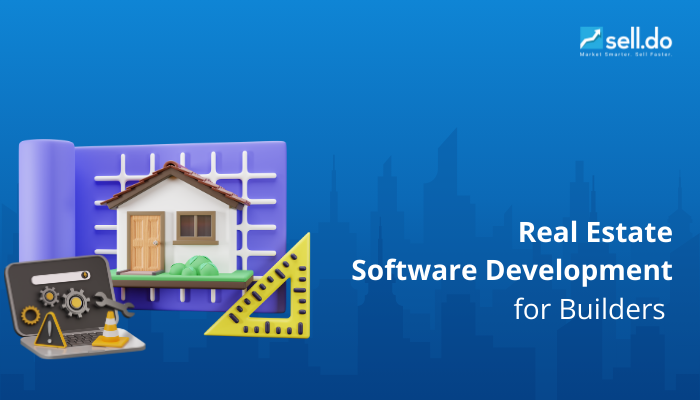 Also, check our blog:
Also, check our blog:With various investment options available, the next crucial step is to evaluate commercial real estate opportunities effectively. We have rounded up some key factors you should consider before investing in commercial real estate.
How to Evaluate Commercial Real Estate Investment Opportunities?

Here are some key points to consider when evaluating commercial real estate opportunities:
-
Importance of Location and Accessibility
A prime location with good visibility, accessibility, and proximity to key areas like transportation hubs can attract high-quality tenants and customers. Consider the neighborhood’s safety, economic stability, and growth potential when assessing future value.
-
Property Valuation and Financial Assessment
Accurately assess the property’s value by comparing it to similar properties, reviewing its income potential, and factoring in expenses like repairs, taxes, and vacancies. Use tools like cap rate and NOI to evaluate profitability.
-
Judging Market Trends and Future Projections
Stay informed on local economic factors like job growth, population trends, and development projects. Understanding market growth or decline and monitoring interest rates and regulations will help assess investment stability.
-
Tenant Quality and Lease Terms
High-quality tenants and favorable lease terms ensure stable income. Look for long-term leases, financial stability of tenants, and favorable clauses like rent escalation to minimize risk and maintain consistent cash flow.
Tired of tracking properties manually?
 Get Sell.Do now and start seeing real results!
Get Sell.Do now and start seeing real results! -
Property Condition and Maintenance Costs
Before investing, assess the property’s condition. Older properties may have lower upfront costs but could require expensive maintenance or renovations. Check for issues like outdated HVAC, plumbing, or structural problems to understand potential expenses and ensure long-term profitability.
-
Legal and Zoning Considerations
Make sure the property is zoned appropriately for its intended use. Zoning laws can limit how a property can be developed or used, and violations can lead to fines or costly adjustments.
So take your time to evaluate these factors thoroughly to make a more informed decision and ensure your commercial real estate investment aligns with your financial goals and risk tolerance.
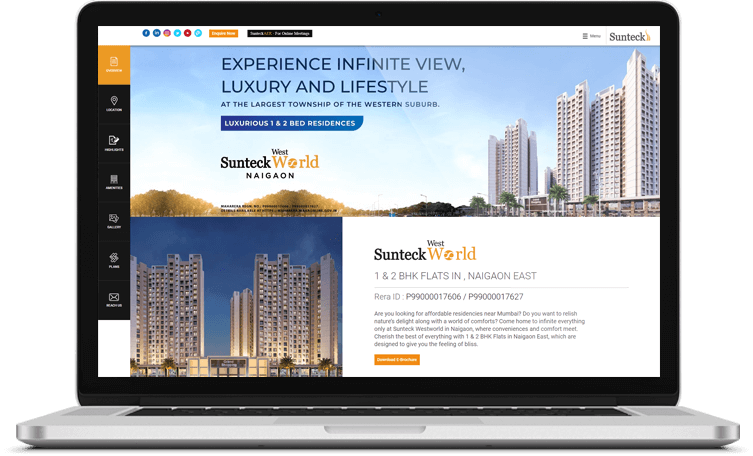
Conclusion
Thorough research and professional guidance are crucial in commercial real estate investing to make informed decisions that align with your goals. Thus, take your time to understand the pros and cons of each investment method and property type to make decisions that align with your financial goals and risk tolerance.
Additionally, if you’re a real estate professional in India looking to streamline operations, Sell.Do is an ideal solution. It has features for sales automation, inventory management, and lead tracking. It helps you optimize your workflow and focus on growing your business.
Get a demo here to see Sell.Do in action!




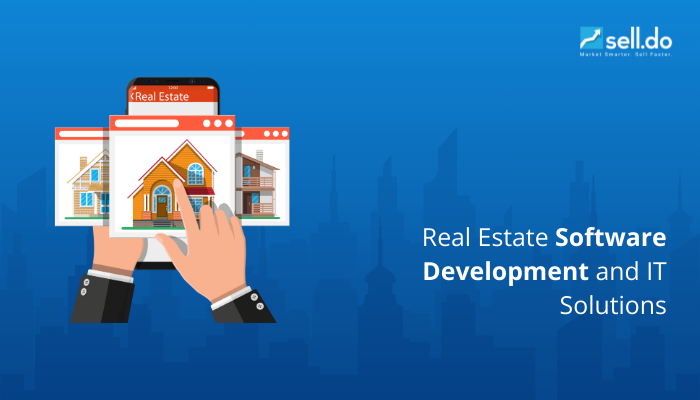

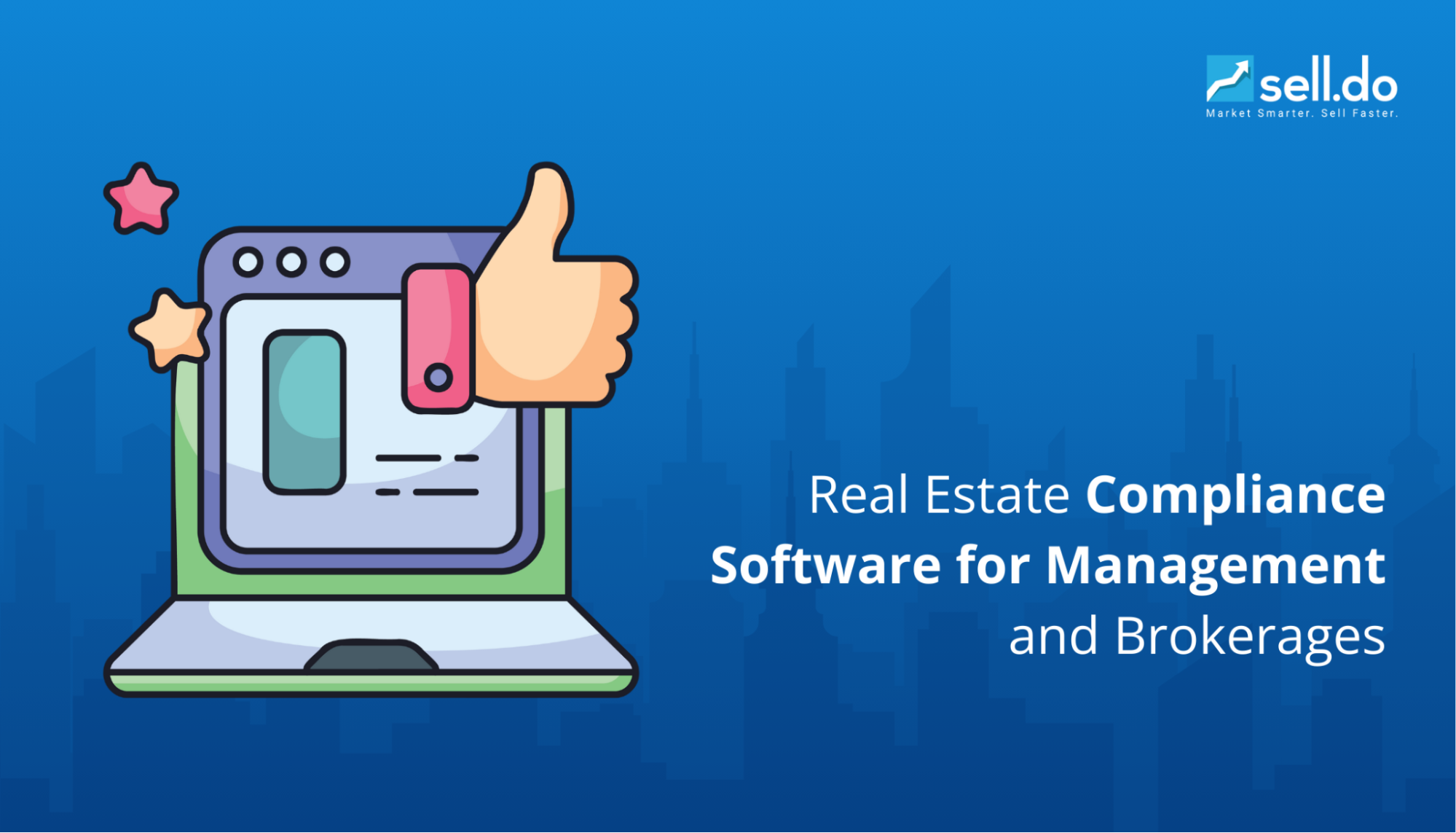
Leave a comment
Comments (0)
Be the first one to comment.